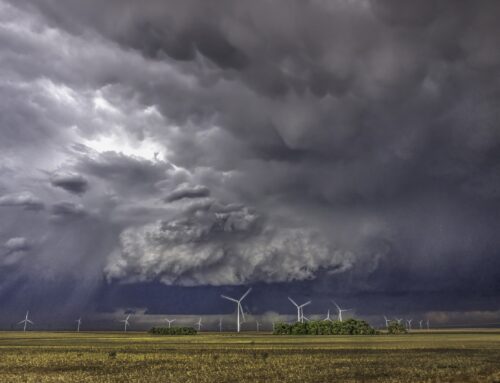Alcohol is an important part of many celebrations, but it can also contribute to accidents, injuries and death. The potential liability for damages resulting from the consumption of alcohol has expanded over time to include the entities serving alcohol.
If your affiliate has events at which beer, wine or spirits are served, you could be at risk of a lawsuit. Affiliates should practice good risk management when it comes to alcohol consumption.
Tips for Managing Liquor Liability Risks
Reduce the risk of facing a lawsuit if something goes wrong by following these tips.
Before the Event:
- Develop your own internal policy on responsible alcohol serving.
- Check state, county and local laws and be sure to follow them.
- Reach out to local police, your association or a qualified attorney with your questions.
- Review any past incidents to identify what went wrong and make changes.
- Create a policy that helps incentivize using designated drivers.
- Train employees and staff on your written alcohol serving policy.
- Make employees and staff understand the importance of enforcing the policy.
- Follow the laws for your state for training of alcohol servers who are employees or staff.
- Do your due diligence when working with catering vendors and contractors.
- Ask caterers about their written policies, training records and liquor liability insurance.
- Have vendors add your affiliate to their policy as an additional insured for the event.
- Ask caterers about their training and verify the workers at your event will be trained.
During the Event:
- Check for proper photo ID that is government issued and not expired.
- Remind servers to watch for signs of intoxication, including relaxed inhibitions, impaired judgement, slowed reaction time and impaired coordination.
- Train servers to keep track of the alcohol consumption of guests.
- Know the standard drink equivalent for drinks served or refer to a recipe card that does.
- Consider serving foods high in protein and fat to slow bloodstream absorption of alcohol.
- Discuss plans of how to respond if a guest has too much to drink during the event.
- Ensure servers know to communicate with event managers if a guest has to be cut off.
- Make sure event attendees know alcohol service policies and designated driver options.
- Be prepared to take the proper actions in the event of an alcohol-related incident.
After the Event:
- Document details for refusing alcohol service, arranging transportation, refusing a fake ID or having to contact the police.
- Write a report on all incidents involving alcohol right away while details are fresh.
- Include the date and time, description of events, and the names of the server, event manager, and witnesses in your incident reports.
Take the right steps to minimize the liquor liability risk at your affiliate. By being proactive, you can reduce the likelihood of an alcohol-related incident that leads to costly legal battles and damaged reputations. For more information, be sure to consult with a qualified legal professional.





